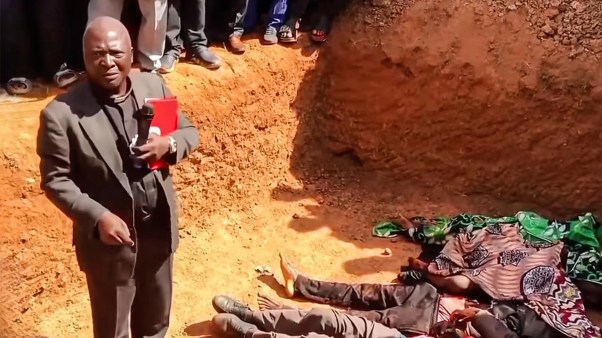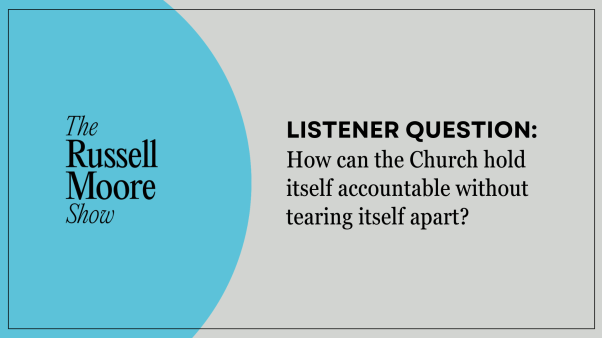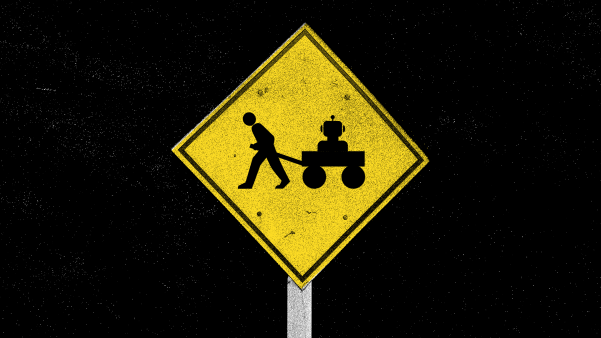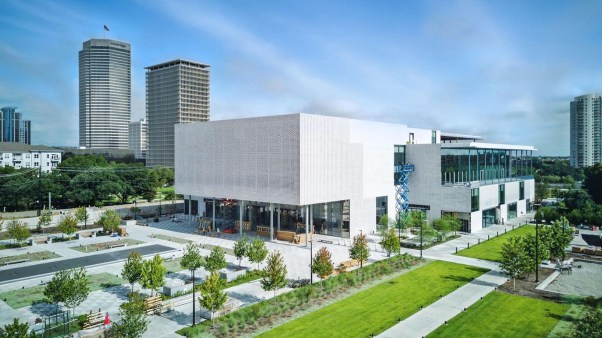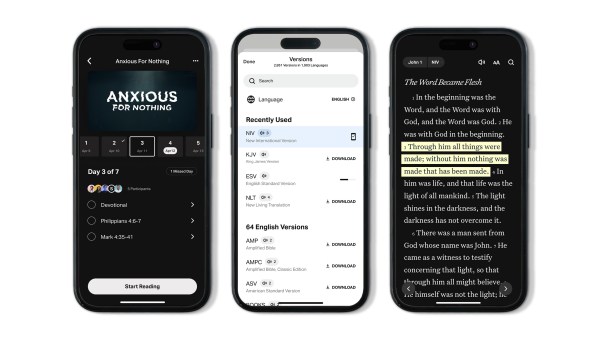“When I was a boy listening to an invitation to adventure, I had no idea it would be so painful,” writes Daniel Walker in God in a Brothel: An Undercover Journey into Sex Trafficking and Rescue (InterVarsity, 2011). “But I also failed to understand why it was that this grace was so amazing and how it could be that this unlikely gift would ultimately triumph over my fear and shame.”
In his heartbreaking yet hopeful story, Walker recounts his own experiences as an undercover detective, reminding the church to engage modern-day slavery. “Slavery is an inherent part of our Christian heritage, going back to the Garden of Eden where humanity was enslaved, right through to the greatest abolitionist, Jesus, who sets us free [and] seeks us out as free beings to set others free,” Walker told me on a recent visit to Christianity Today.
Walker talked to me about his book (which is being sponsored by Compassion International and Hagar International as part of the Anti-Trafficking Tour) and how he came to see that Christians are “bearers of the most wild, dangerous, untamed force for good in the world.”
One of the things I appreciated about your book is that you humanized men who purchased sex, noting that they too are enslaved.
There are books from people doing undercover work who say, “These are despicable, disgusting lowlifes.” And they are. But it’s easy to forget that we were all slaves and we’re set free. They’re enslaved by something that’s much more visible.
What are ways to help men escape this form of slavery?
[In my former detective work,] we were holding people accountable for the evil they did, which ultimately we believe sets them free. By bringing them face to face with the injustice they perpetuated, they have two choices: they come to a point where they confess and accept their penalty as the way to freedom, or they go down the path of denial and deeper forms of slavery.
I wanted to make it clear in talking to these guys—like the guy who said, “You know, I hate my life and I hate what I do”—that he is powerless in his enslavement to the desires he’s fed through pornography and other means.
So many men within the church are enslaved to that and other vices because they haven’t heard, “There’s a far greater adventure, there is far greater pleasure than you’ll ever find in the imitations that you’re looking in. And it’s to use your masculine strength on behalf of the millions of little girls and desperate women who are waiting for you to show up. That’s the adventure that you’re called to.” Because we’re not doing that, they are trying to find an imitation that fills their need for risk and for danger and for adventure.
At the end of the book, you introduce “Nvader,” which encourages and equips churches to investigate, rescue, and prosecute trafficking. What are your hopes for the new organization?
Detective work is expensive because of the security issues involved and the care of the staff, because it is putting people into potentially dangerous situations and face to face with the very worst kind of trauma, abuse, and exploitation. It’s a $32 billion rape-for-profit industry and you’re putting people right up against it, so Nvader is about fulfilling the dream of doing it properly.
It’s also about empowering churches. To defend and to protect against the big bad world, we live in this bubble, and being a Christian means we don’t read Harry Potter or let our kids do Halloween. By doing so, we trivialize the real nature of evil. We should be teaching our young people that they’re bearers of the most wild, dangerous, untamed force for good in the world, and that they are the ones who are dangerous. In fact, the world needs to fear them.
How have you brushed up against real evil?
In the book I tell the story of being in a brothel with a prostitute named Maria. I hadn’t been doing the work long and I was afraid of my personal sin—I didn’t know what would happen in this brothel as a good Christian boy from New Zealand. I was afraid of the bad guys with guns—and there were bad guys with guns—and I was afraid of evil. This was a place where the demonic reigned.
The tables turned when suddenly I saw this prostitute not as a threat to my purity or professionalism, but as a child of God whom he greatly loved. [I was] filled with this all-consuming, holy hatred for the way evil had ensnared her small life, and holy anger in a world that allows its children to be sold as playthings for the lusts of men. I captured on my covert camera enough evidence to put the bad guys in in jail and to facilitate the rescue of Maria and the other women. If anyone was dangerous in that place, it was me.
You talk about loving adventure and excitement, and you’re good at it. Now that you’re not doing the undercover work, what is your adventure?
First, sharing the nightmare of what I saw so that other people might share the burden that I felt. Both how horrifically evil and dark it was, but also how relatively easy it was to do something about it. I wanted people to see the nightmare but the dream as well, and the call that God gave them.
Having said that, I also needed time to be restored and healed. I don’t want to pretend that I’ve come out doing that work and now am just so excited about this. Like the women and children, I had to choose not to let shame define me. [Spoiler Ahead]
It’s a decision, a choice to not let shame define me for what happened in Jamaica and to be authentic about that and actually take God at his word that if I confess my sin, he is faithful and just and will clean me. And that I am not contaminated or disqualified from being used by him, and that he does make all things new.


